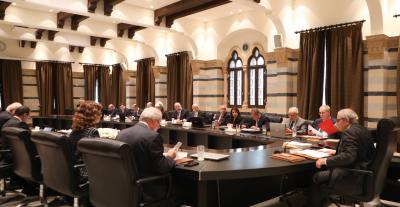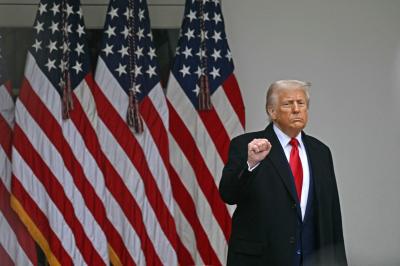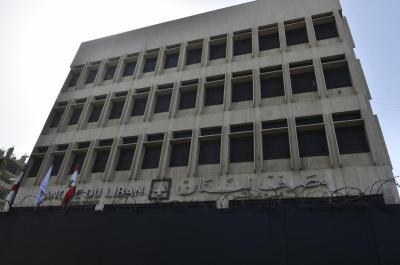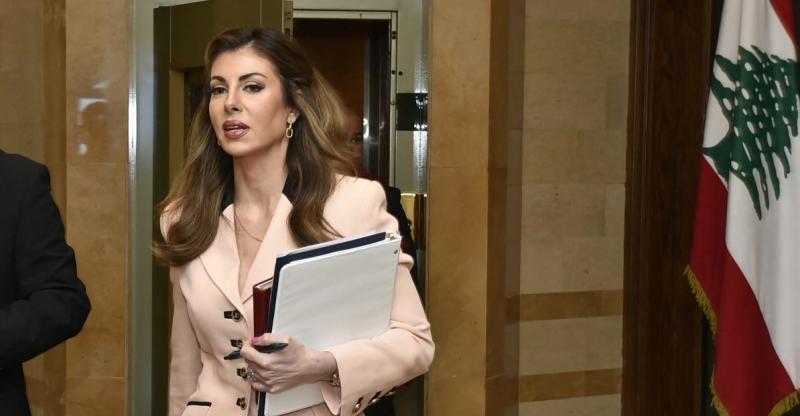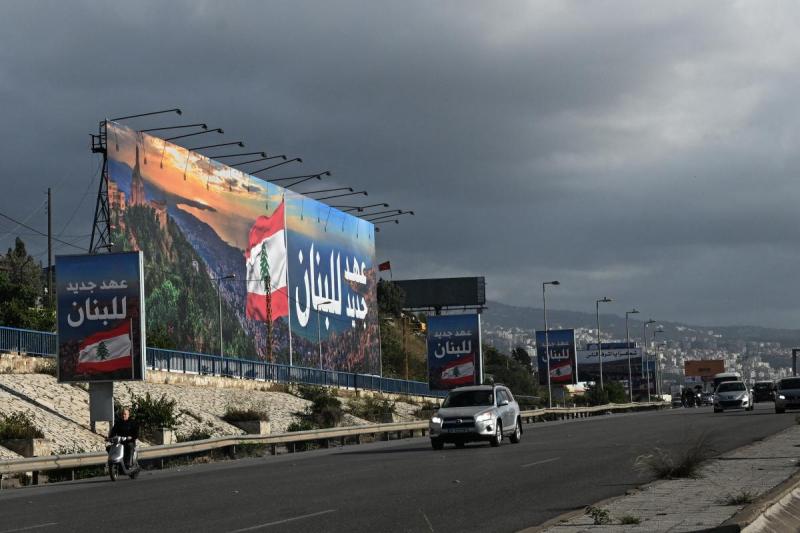As the deadline for the IMF and World Bank Spring Meetings in Washington looms at the end of April, the Lebanese government is racing to push through key structural reforms. Determined to present a credible reform front, Lebanon’s Finance and Economy Ministers, along with the Central Bank Governor, plan to head to Washington armed not with vague promises, but with actual fiscal and monetary legislation — a stark departure from the empty rhetoric that has characterized the past five years. The ultimate goal: sealing a final agreement with the International Monetary Fund.
Following the government’s approval of amendments to the banking secrecy law and its referral to Parliament, the Finance Ministry took observers by surprise with a swift announcement: it had submitted the long-anticipated draft law on the "Reform and Reorganization of the Banking Sector in Lebanon" to the Council of Ministers, to be discussed on April 4, in preparation for forwarding it to Parliament. Together, the two legislative proposals form a cornerstone of the IMF’s immediate reform demands.
A Familiar Law Repackaged
The new draft isn’t entirely new. It's the same proposal that was originally crafted by the Banking Control Commission and the Central Bank, and submitted by former Deputy Prime Minister Saadeh Al-Shami to the Council of Ministers on November 10, 2023. The law has since been dissected at length within government circles and by IMF experts, yet no consensus was reached, and it was never formally forwarded to Parliament.
"Structurally, the draft proposes the restructuring of banks but fails to tackle the restoration of financial order or the fate of deposits," says Dr. Karim Daher, professor of tax and public finance law. The proposed legislation is split into two parts:
A general framework designed to remain in effect for years and replace laws 2/67 and 110/91.
A specific section outlining exceptional measures to address the current crisis in Lebanon’s commercial banking sector.
Traps in the Text
Spanning 33 pages — 10 more than the previous version — the current draft leaves many controversial issues unresolved. Chief among them is a clause allowing banks to appoint and pay their own asset evaluators. This provision, says Dr. Ali Zbeeb, head of the Banking Affairs and Depositor Rights Committee at the Beirut Bar Association, introduces a clear conflict of interest. "The risk," he explains, "is that the bank-paid evaluator may inflate asset values in the bank's favor."
Zbeeb identifies two especially dangerous aspects of the draft:
The absence of accountability: While the law focuses on restructuring rather than punitive measures, Zbeeb stresses the need for accountability: "The boards of directors responsible for catastrophic decisions must be held to account."
The failure to declare banks in default: By avoiding this classification, the law sidesteps the application of laws 2/67 and 110/91, which regulate failing financial institutions.
Legalizing a Faulty Narrative
The law’s implicit recognition that banks are not in default aligns with what Zbeeb calls a false narrative — that Lebanon's financial collapse is a “systemic crisis.” This mischaracterization, he argues, shields banks from both contractual and legal liability, allowing them to escape consequences for past misconduct.
"The legal reality is that banks are liable for deposits based on clear, explicit contracts — regardless of how those funds were invested," Zbeeb explains. "Depositors are creditors, not investors, and cannot be held responsible for the outcome."
Lebanese banks knowingly placed customer funds in risky Central Bank instruments, drawn by abnormally high interest rates — a calculated decision, Zbeeb says, that prioritized Central Bank-engineered profits over depositor protection. "This isn’t a systemic crisis like the U.S. banking collapse in 2008," he notes. "Some Lebanese banks, for those who forget, shut down for 12 days after October 17, 2019, and during that time transferred billions abroad to well-connected individuals — all while illegally imposing capital controls on ordinary depositors."
Reform Must Be Real — Not Cosmetic
Lebanon cannot hope to convince the international community that merely passing two draft laws — on banking secrecy and restructuring — constitutes reform. What matters is not just form, but substance.
The amended banking secrecy law may appear solid on the surface, but it ties the lifting of banking secrecy to the implementation of the restructuring law — essentially turning it into a conditional law. "This is a trap," warns Zbeeb. "It creates a law whose effectiveness depends on another, still uncertain law — a setup that could ensure failure."
The same critique applies to the restructuring draft itself, which Zbeeb says is riddled with loopholes, lacks robust accountability mechanisms, and fails to genuinely protect depositors' funds. The use of vague language like "loss distribution" only fuels skepticism.
Avoiding the Vicious Cycle of Reform
Since the onset of Lebanon’s economic collapse, efforts at reform have followed a circular pattern — dodging accountability and preserving the status quo. If real reform were the goal, existing laws like the Code of Money and Credit and laws 2/67 and 110/91 — which govern distressed banks — could have been enforced. There would have been no need for “new” legislation likely to be buried in Parliament, especially during a time when populist slogans about protecting citizens dominate the pre-election landscape.
And so, Lebanon risks returning to square one.
Ultimately, what matters is whether these laws, if passed, are rational, serve the public interest, and are actually implemented. Anything short of that is just more reform in name — not in action.
 French
French



